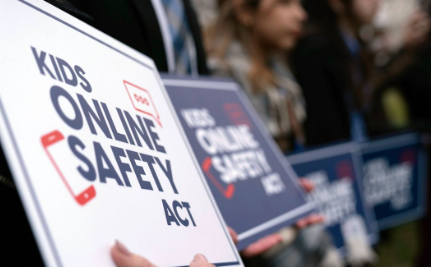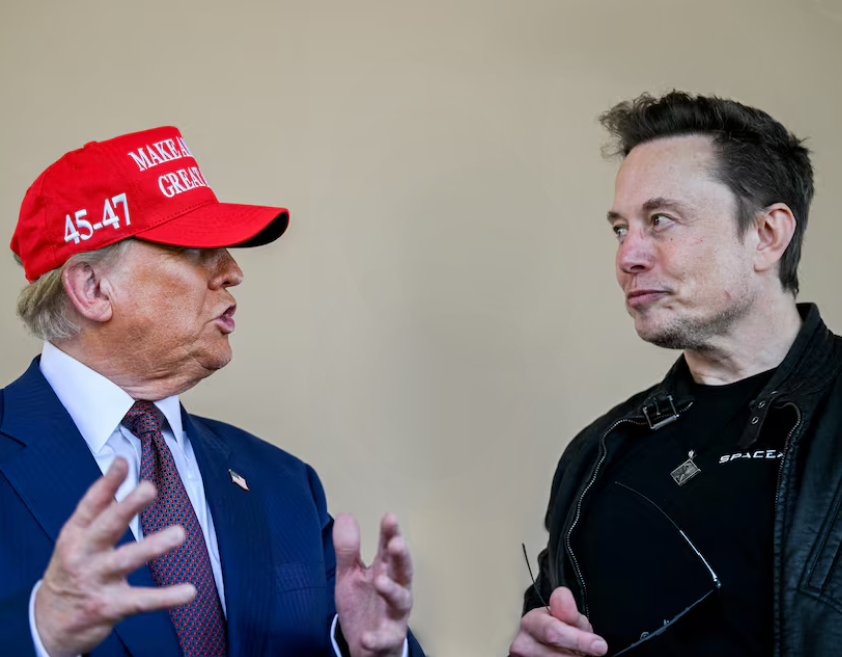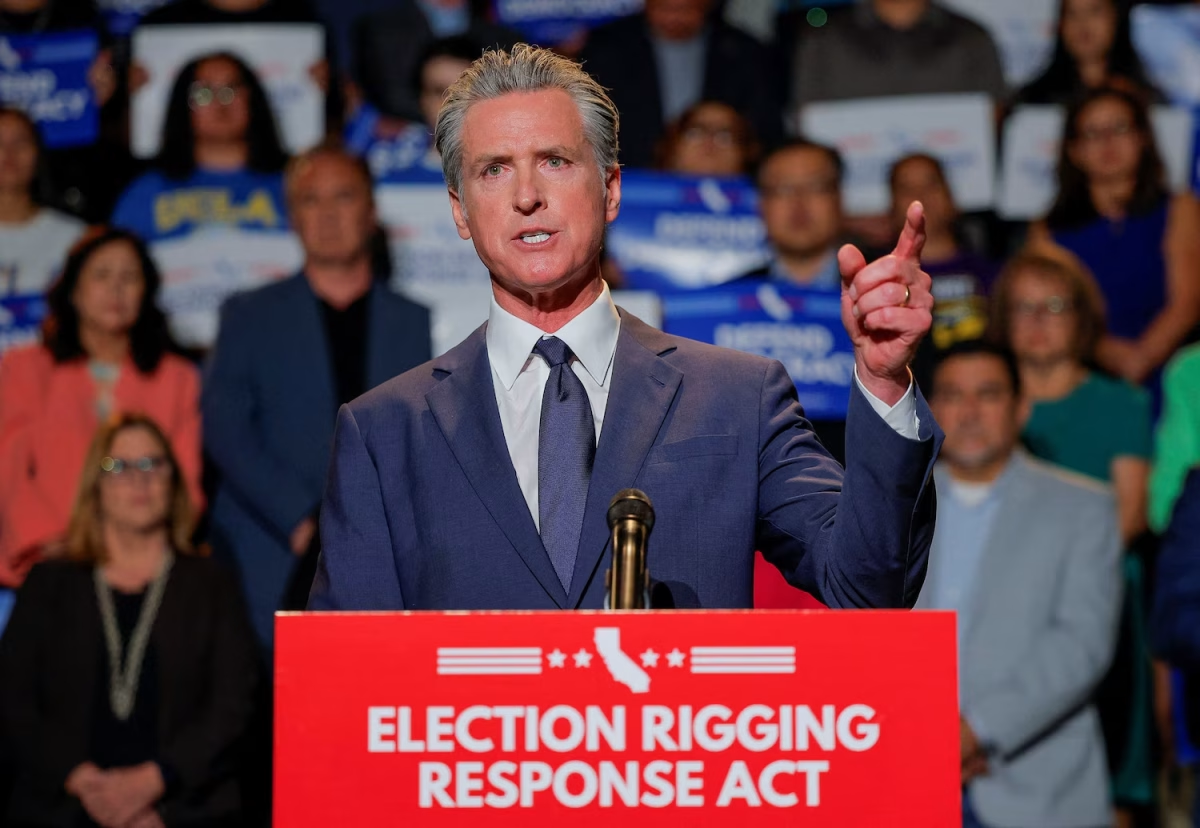On his first day in office, Donald J. Trump stepped into the Oval Office with a dramatic flurry of an overwhelming amount of executive orders and controversial actions.
Trump was officially inaugurated as the 47th president of the United States on Jan. 20, 2025. He will be the second U.S. president who will be serving two nonconsecutive terms, similar to the 22nd and 24th president, Grover Cleveland.
As of Feb. 19, 2025, he has signed more than 60 executive orders, with some of them—such as his attempt of ending birthright citizenship—being blocked by federal courts in several states like New Hampshire and Maryland.
On Feb. 3, 2025, the new President of the U.S. considered issuing an executive order that would shut down the country’s Department of Education—a long-cherished goal of those who favored states-based education. Proponents of decentralized education institutions argued that individual states are more capable of providing quality education because the federal government does not have the authority to decide each state’s curriculum.
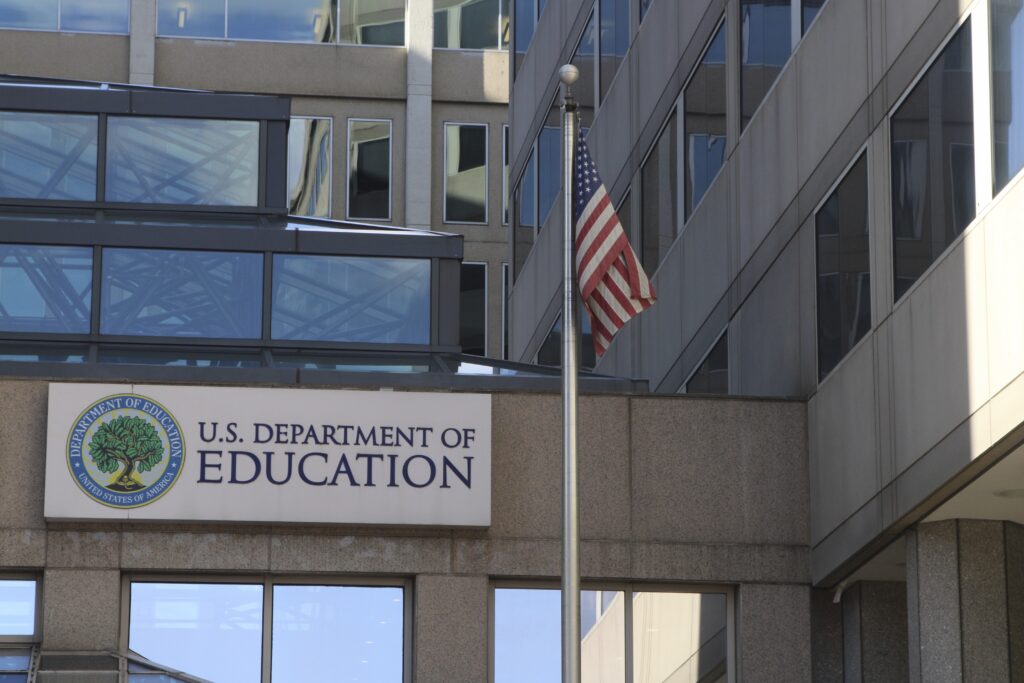
However, as a Congress-created federal agency, the Department of Education never dictated policy to state and local governments; in fact, it declared education to be “primarily a State and local responsibility in the United States.” States and communities, as well as public and private organizations of all kinds, are responsible for establishing schools and colleges, developing their own curricula, and determining enrollment and graduation requirements.
The Education Department is primarily in charge of overseeing and funding research on education, such as teaching methods and educational progress; collecting information on education trends and optimal practices; and most importantly, managing federal aid programs for education, including grants, loans, and work-study jobs.
As a result, the intention of dismantling the department—that leads to a reduced budget for education—will contribute to a decline in resources (ex: gym facilities, personal computers) for schools, diminished financial aid for students, and increased disparities in educational quality across states. Many underfunded public schools across the nation, especially those in states that oppose universal public education, may struggle to maintain competitive educational programs, resulting in a decrease of the nation’s overall academic performance.
While the educational aspect of young Americans faces a rise in instability due to funding cuts, America’s public health and biomedical research field also experiences significant financial setbacks.
On Feb. 7, 2025, the $47.4 billion worth National Institutes of Health (NIH) announced its reduction in federal grant funding for indirect costs related to biomedical research. According to cleveland.com, “indirect costs” refer to the practice of NIH helping financing institutions, especially universities, for research-related necessities such as buildings and facilities, equipment and administrative expenses.

The NIH claimed that the decrease in budgeted indirect costs is “vital to ensure that as many funds as possible go towards direct scientific research costs rather than administrative overhead.” However, the steep cut in funds attempted by the NIH is an extension of the Trump administration’s broader efforts to target federal spending and dismantle agencies in the name of decreasing wasteful spending.
Fiscally conservative critics argue that NIH is proven to be dysfunctional because it suffers from inefficiencies and bureaucratic waste. But the truth was far more complex.
In 2024, NIH Researchers developed a “highly accurate brain-computer interface” that allowed a paralyzed man to speak. Microelectrodes in the brain are detected and translated into neural signals that enable the system to decode about 98% of words correctly after 16 hours of usage. Patients who suffer from paralysis can converse with family and friends with this meticulous innovation.
Moreover, NIH studies from 2023 found that taking the oral antibiotic doxycycline within three days after unprotected sex can help reduce the risk of sexually transmitted infections (STIs). Without the efforts of NIH researchers, such groundbreaking advancements in medicine and public health would not, and could not, be developed, potentially leaving millions without access to life-saving treatments.
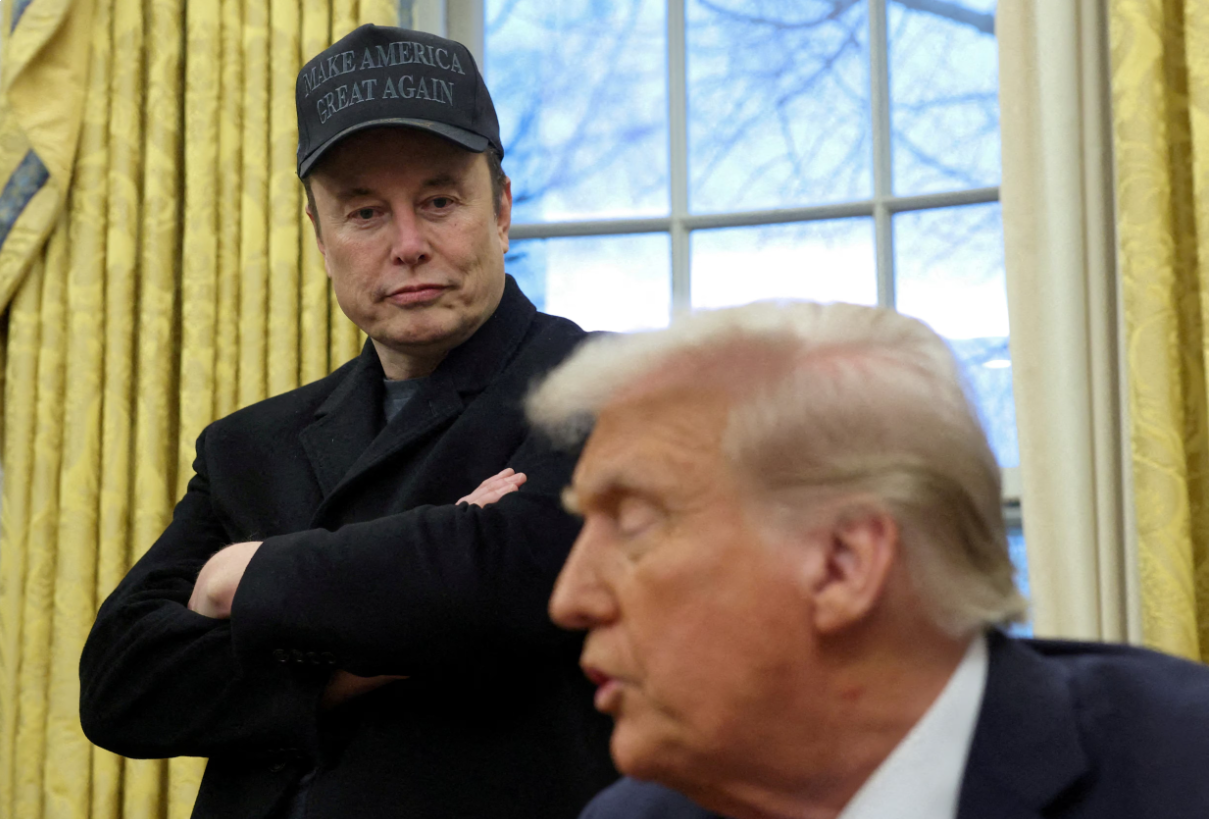
Other than cutting spendings on human resources, the Trump administration also showed its determination in exercising—sometimes too much—control over other critical matters.
On Feb. 13, 2025, about 300 employees who worked under the National Nuclear Security Administration (NNSA) were fired due to the sweeping budget cuts carried out by the Elon Musk-led Department of Government Efficiency (DOGE).
The NNSA, a semi-autonomous agency under the U.S. Department of Energy, is responsible for designing, building and overseeing the U.S. nuclear weapons stockpile and ensuring their safety. The mass layoffs were met with outrage from national security experts, who warned of the risks of losing key personnel in such a critical agency.
The next day, NNSA officials tried notifying employees who had been laid off that they are now reinstated—only struggling to find them because they did not have their new contact information.
Musk’s questionable actions, such as having full access to the U.S. treasury, raises concerns over administrative transparency and the increasingly blurred lines between elected officials and appointed personnel. DOGE, despite not being an elected body or subject to direct congressional oversight, has exercised a disturbing degree of financial authority—one that has already alarmed fiscal watchdogs and legal experts alike.
With Trump’s team pushing to freeze federal grants and other crucial discretionary spendings, federal judges have fought back by blocking such controversial measures. Their resistance to the Chief Executive’s contentious actions is a reflection of America’s long-established principles of federalism and the doctrine of checks and balances—a mechanism yet continues to be tested by unprecedented executive overreach.
The coming months, or even years, will be a real testament to the U.S. political system: the erosion of democratic norms and heightened conflicts of interests brought about by the Trump-Musk administration may either be countered by the resilience of judicial checks and balances and institutional accountability, or lead to the eventual collapse of the country.


